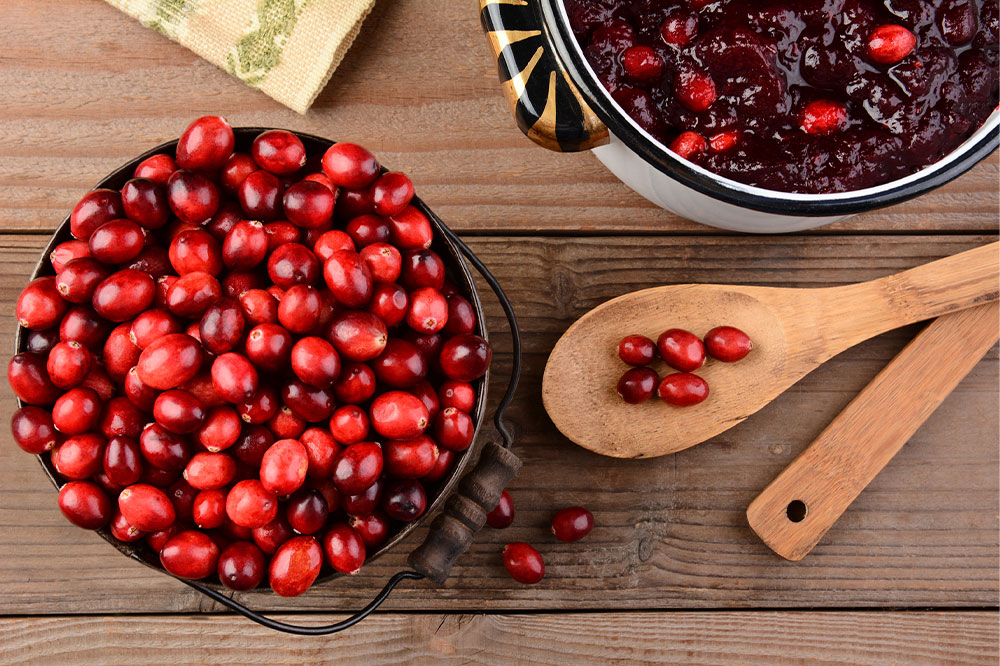Top 6 warning signs of prostate cancer

Prostate cancer is a type of cancer that occurs in the prostate gland. It is one of the most common types of cancer, but it can often be treated successfully. Some cases of the condition are confined to the prostate gland and may require minimal treatment. However, some types of cancers are aggressive and can spread rapidly. Hence, it is vital to know the warning signs of prostate cancer to pursue timely treatment. 6 warning signs of prostate cancer Weak or slow urine flow Most people with prostate cancer experience trouble urinating. Patients can experience troubles like slow or weak urine flow or even lose the ability to control it. Hence, it is suggested that when one experiences this warning sign of prostate cancer, they consult a doctor immediately. Pain or burning sensation while urinating This particular condition, also called dysuria, is most commonly associated with urinary tract infections. However, in rare cases, it can also be an indicator of an underlying health condition, such as prostate cancer. Frequent urination In some cases, a tumor in the prostate can put pressure on the urinary bladder and even the urethra. Hence, healthcare professionals suggest that people at risk of prostate cancer take note of the frequency of urination, especially at night.






